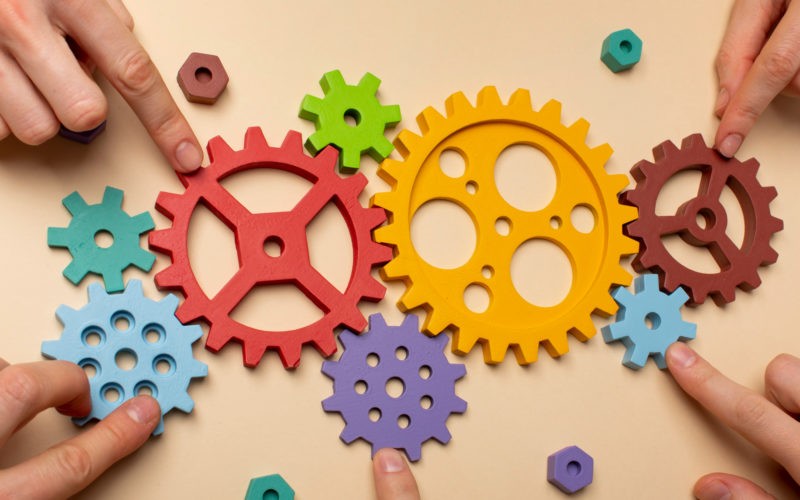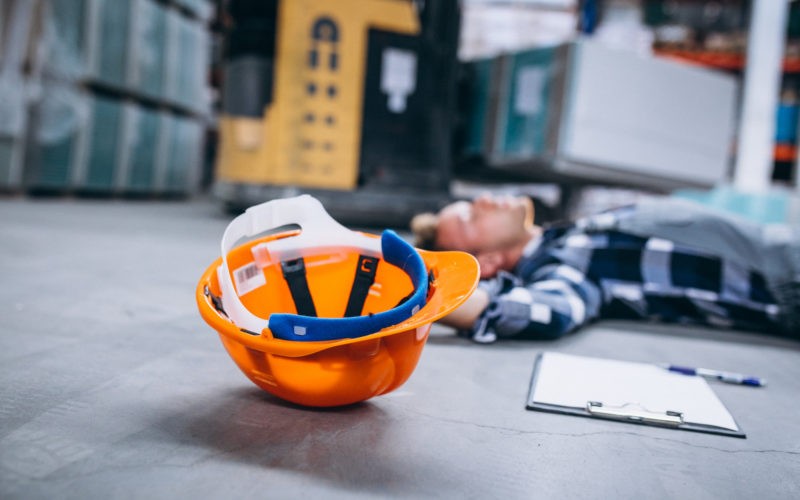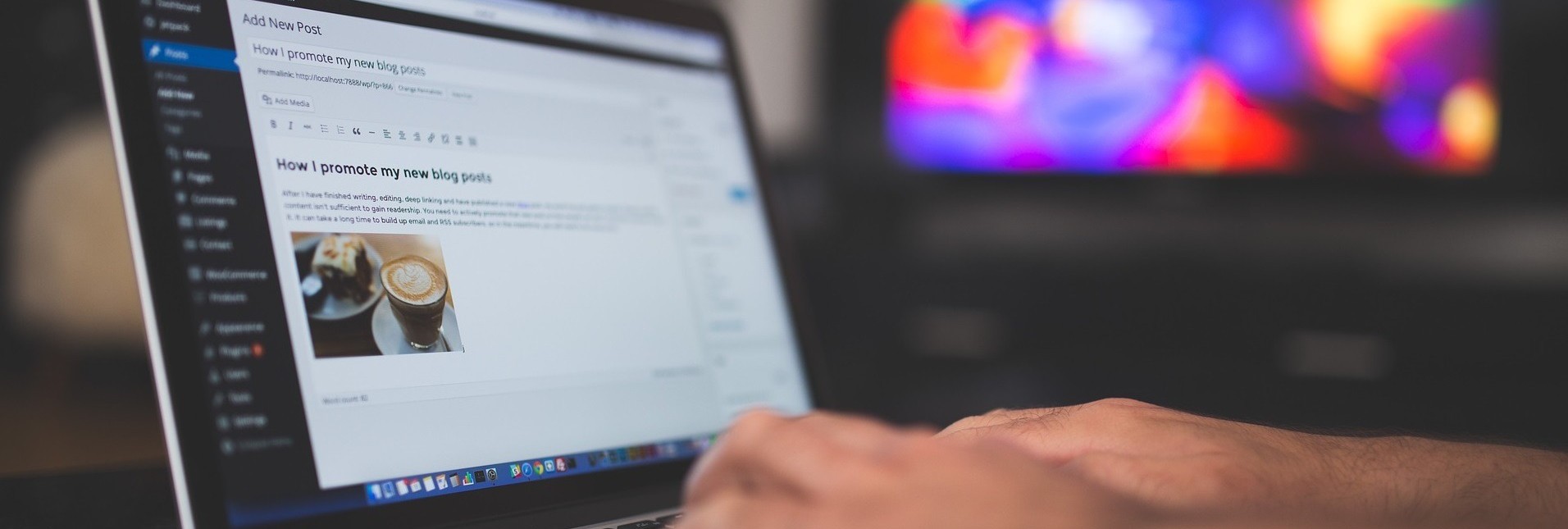In the continuous fight for fairness in society, it is very important to have the combined work of people who care about their community. This includes those who initiate movements at a local level, groups that advocate for others, and communities that often face unfair treatment; all of these are central to driving changes aimed at promoting equality for everyone. This text discusses how important local participants are in movements for social justice, looking at main methods to create alliances, make the voices of lesser-heard groups louder, and push for changes throughout society.
Understanding the Role of Community Stakeholders
Community stakeholders include different kinds of people, organizations, and groups all coming together because they want to support social justice. Activists are often leading these efforts; they are dedicated people who really want to make a difference. Activists arrange gatherings, demonstrations and hands-on challenges to bring attention and ask for responsibility from the ones with authority.
Groups that support causes help these actions by using the power they have together to change policies and gather resources. They are strong because they can make people’s voices louder, push for changes in laws, and get the public to pay attention to significant matters. Organizations that start from the community level are very important because they are close to local people, and they help a lot by giving necessary support and creating unity. These groups give essential help to those who typically get left out, providing them with resources, speaking up for their needs, and helping them feel like part of a group.
Strategies for Building Coalitions
Forming groups with people from different backgrounds is very important to have a big impact and make real changes. Working together starts when we find shared goals, values, and things that are important to everyone even though they come from various places or have lived through different things. When stakeholders discover shared interests, they can bridge their differences and collaborate on a common goal of fairness and equal treatment for all.
Building trust and unity is very important for creating a strong coalition. Communicating in an open and clear manner fosters trust and makes people feel included in the group. Creating close connections with people, paying careful attention to various viewpoints, and appreciating what everyone brings to the table is very important for growing a trustful and cooperative environment. Encouraging an inclusive atmosphere where we respect different backgrounds makes sure every member’s voice is listened to and considered in the group. Seeking different viewpoints, experiences, and knowledge makes the group’s grasp of social problems deeper and improves its power to push for solutions that include everyone. Building a coalition in an inclusive way gives communities that are often left out the chance to control their own stories and be leaders in addressing these issues.
When all members of the coalition participate in making decisions together, planning and finding solutions to problems, it creates a feeling that everyone is responsible and has a part. If leadership duties, responsibilities, and resources are divided among them, power can be shared more fairly, which helps support everybody’s involvement in a democratic way. It is very important to respect the independence and decision-making of each person and group in our partnership. When we understand that different members have their own ways, plans, and what they think is most important, it helps everyone to give real contributions while still following what they believe in and their main goals.
Amplifying Marginalized Voices
Amplifying the voices of marginalized individuals is crucial to movements advocating for societal fairness. It means giving a space to those who suffer most from unfair treatment so they can talk about their lives, fight for what they deserve, and call for responsible actions. Focusing on real stories of life, raising leaders from these groups, creating supporters, tackling injustices that cross over into various areas i.e., intersectionality and encouraging unity are important ways to make sure we hear these quieter voices.
Creating friendships and unity among different groups makes the united call for fairness in society louder. Privileged individuals can assist those less fortunate by amplifying their stories, challenging unjust systems, and advocating for systemic changes. When people from different backgrounds, like race or gender, come together and support each other, it makes the group strong and united. By looking at how these different parts of someone’s identity can lead to more than one kind of unfair treatment, we help everyone better. When social justice movements focus on intersectional analysis and activism, they can support solutions that are more inclusive and fair, tackling the deep reasons for inequality.
Integrating Community Engagement Software
In the digital era, community engagement software emerges as a powerful tool for social justice movements, facilitating communication, collaboration, and activism on a larger scale. Community engagement software platforms provide features and functionalities tailored to the needs of social justice organizations and grassroots movements.
Event Management and Mobilization Tools: Community engagement software streamlines event planning and mobilization efforts, allowing organizers to create, promote, and manage events with ease. From rallies and protests to workshops and fundraisers, these platforms provide tools for event registration, ticketing, and attendee communication, maximizing participation and impact.
Advocating for Systemic Change
To push for big changes in the system, we need to use many methods that go after the main reasons, question strong leaders and their rules, and encourage important transformations. Working together at a local level, fighting for new policies, taking action directly, and teaching people are good ways to move forward with goals about fairness in society.
Organizing at the local level brings people together, creates shared strength, and raises up voices from below. When we reach out to others in our community, knock on doors for support, and run campaigns that start with everyday people, movements for fairness help each person stand up to make a difference. They can change things and call those who make choices to be responsible. Advocacy in policy means talking to those who make policies, writing new rules and laws, and pushing for changes that solve unfair systems. When advocates work with networks of people who support the same causes, look into facts through research and get many others to back up their views, they can affect what policymakers decide to do. This way social justice groups help shape the plans made by lawmakers and bring about important changes.
Conclusion
Collaboration with people in the community is very important for successful social justice work, as it helps to bring everyone together, supports unity and pushes for changes in the system. People involved, from local groups to those who influence policies and take immediate actions, are key in pushing forward goals of fairness and building a society that is more fair, equal, and caring towards everyone. By building trust, making sure everyone is included, and fighting against deep-rooted unfairness, movements for social fairness can create a better tomorrow for the next generations.












